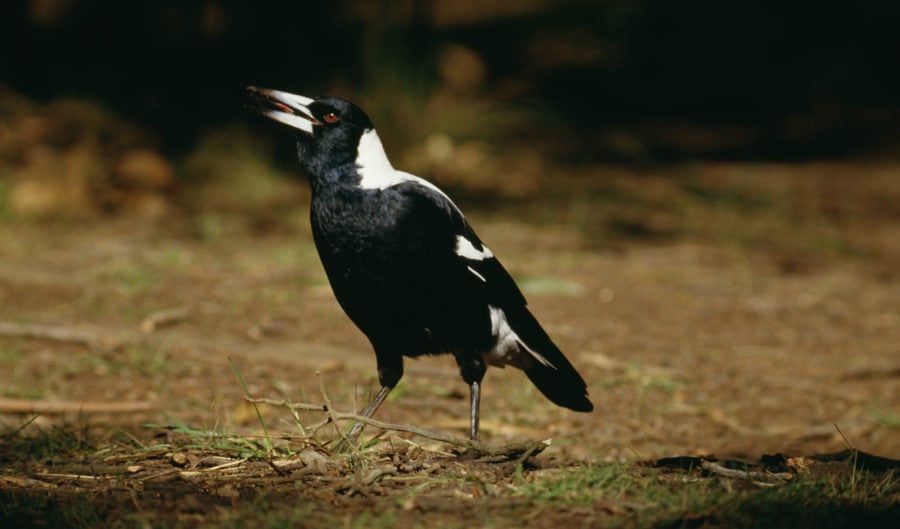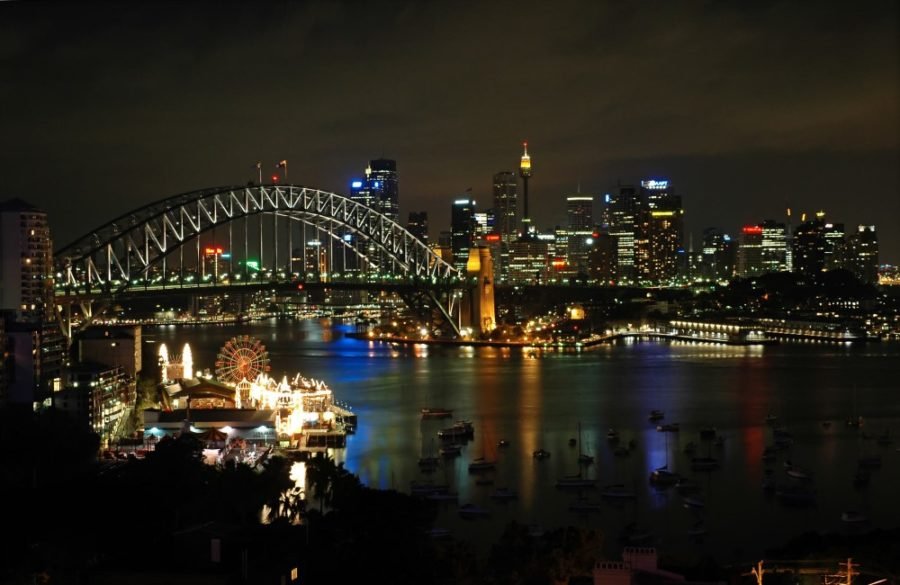‘Switch off that porch light’: study reveals light pollution in cities has urban birds tossing and turning

A NEW STUDY examining the impacts of light pollution on urban birdlife has revealed that garden lights have birds tossing and turning in their sleep.
Scientists from La Trobe University, who published their findings in Current Biology today, observed how the sleeping patterns of magpies and pigeons were affected by artificial white light and amber light, which is said to be more sleep-friendly.
Using small sensors to measure magpie and pigeon brain activity, they found that, regardless of the colour of the light, if the intensity was equal to a street light, the length, structure and intensity of sleep was disrupted.
While magpies were more disturbed by white light than amber lights, the pigeons were disturbed by both, suggesting effects differed between the species.
“Both magpies and pigeons average 10 hours of sleep per night. We found that magpies lost more NREM sleep under white light than amber light. By comparison, pigeons lost around 4 hours of sleep under both white and amber light,” says La Trobe University sleep expert Dr John Lesku, adding that neither species fully recovered sleep lost to white or amber light exposure.
Previously, it was believed that amber lighting was the solution to the effects of light pollution on birds, but the study suggests this isn’t the case.
“We know sleep is important for animals to not only function, but thrive,” says lead author of the paper Dr Anne Aulsebrook, who recently finished her PhD in University of Melbourne’s Urban Light Lab.
“While amber lighting appears to have a less damaging impact than white light on magpies, our findings suggest the relative impacts of light pollution on birds may be species-specific. Amber lighting can reduce sleep disruption in some birds, but it is not a solution for all species.
“Additionally, disrupted sleeping patterns that force birds to catch up on sleep in the daytime could impact their ability to forage for food, fight off predators and search for mates.”
Co-author of the paper Farley Connelly called for more research into avian circadian rhythms and, in the meantime, available short-term solutions.
“We should think about using artificial light only as and where it’s needed,” Farley says.
“Switch off that porch light, install sensor lights, remove decorative lights from trees, balconies and other outdoor settings, and keep street and park lights directed to the ground or shielded where possible.
“And if you’re ever woken by the early call of a magpie, remember it could be just as sleep deprived as you are.”



